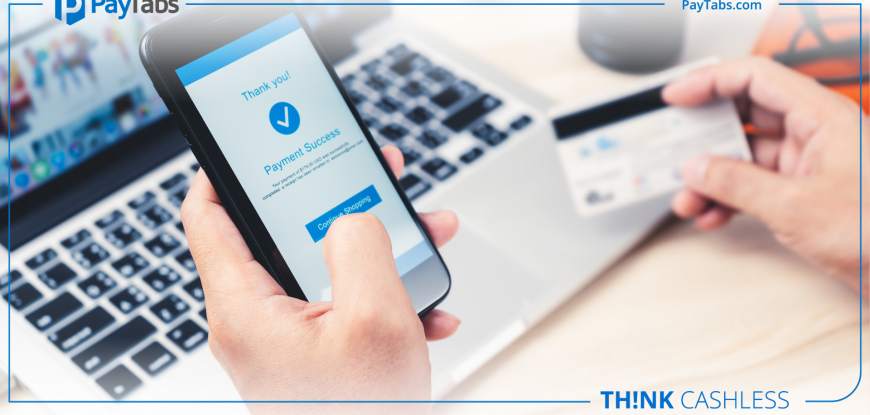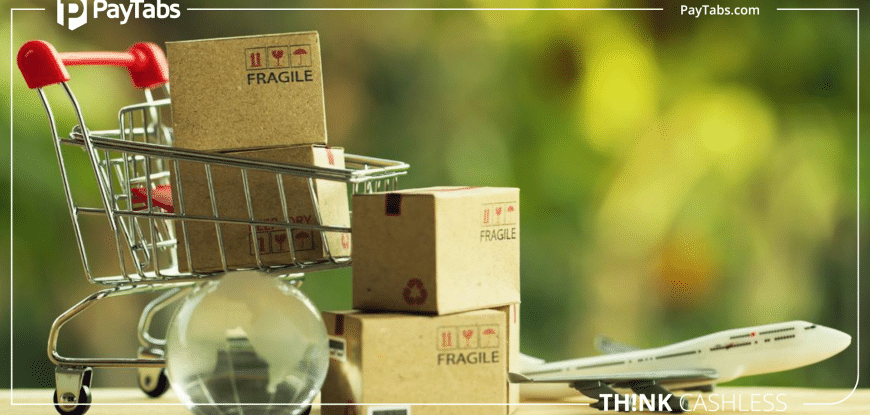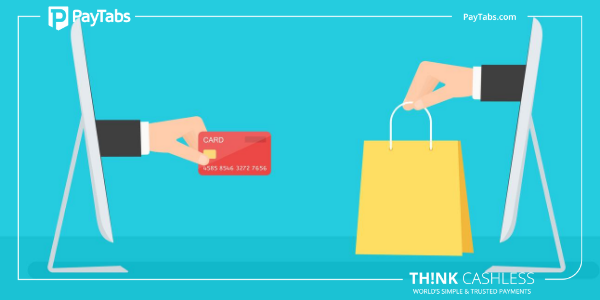Online Payment Advice to Boost Your B2B Business
Businesses are currently going through challenging times. The conventional methods are not effective anymore as the situation has taken an unprecedented turn. However, even in these times, business entities can follow certain guidelines to make their processes smoother and safer. If you are engaged in B2B business, then you can boost your online payment system to fortify your liquidity situation. The use of technology makes these tips more useful and efficient. So, here are some guidelines for managing your online payment processes to ensure that your business remains on the right track during this crisis.
-
Initiate Online Invoicing:
If you are still collecting payments for your goods and services through traditional printed invoices, then it is time to take a leap of faith and start with online invoicing. The online invoicing system has several advantages over regular invoicing in terms of costs and speed. This type of invoicing is much faster and helps you with cash generation in a lesser period of time. Electronic invoicing is also more streamlined and thus more efficient. It helps in reducing invoicing errors so that both you and your clients can spend fewer resources on rectifying the issues. Online invoicing can then be conveniently integrated with the online payment system to ensure further efficiency.
-
Optimize your Costs:
Once you have decided to take the online payment route, it is time to take stock of all the costs involved. While in the beginning, the system may seem pricey, it is important to take a long-term view. Also, there are several alternatives available which may help you in controlling the costs. One important category of costs is the payment processing cost category. These costs may make a difference to your bottom line, and therefore, are important for the control purpose. You are advised to seek different options so as to find the best possible solution at a minimal cost. You may also want to negotiate the terms and conditions before you settle down for a particular service provider.
-
Install Online Fraud Detection System:
As useful as the online payment system is, it comes with its own set of challenges. Some of the most important issues in this regard is the safety of the system. Online payments are the target of various fraudsters and scammers. In order to protect the interest of your business and your clients, it is important that you are aware of such miscreants. It is also advisable to come up with a clear cut fraud prevention You should keep your system updated to provide protection against new viruses and other cyber attacks. Advanced technological tools such as anti-virus software may come in handy in this regard.
-
Incorporate the Latest Modes of Payments:
Offering a wide range of choices is the key to achieve customer satisfaction. And today, there are several options available when it comes to making an online payment. Currently, tools such as mobile wallets and cryptocurrency are gaining a large following too. You can ensure higher customer satisfaction if you provide these tools for payment purposes. Most of these tools take minimal time for setup and are highly cost-effective as well. Further, these tools also provide more diversity and flexibility to your system. They are accessible even through mobile phones, which can be helpful in further expediting the online payment system.
-
Simplify the Process:
While online payment systems come with a wide range of options, it is important to ensure that the system still remains simple enough to understand and operate. B2B payment systems are often prone to complexities after all, especially when you introduce new features or make changes. You can solve this issue by taking proper stock of your clients’ requirements. You should also keep the number of options offered under control. It is vital that your business partners and collaborators understand the process completely too. Moreover, you should endeavor to keep the number of steps a few as possible, since lengthy payment systems tend to be more complicated.
The above guidelines are designed to ensure that you are able to set up your online payment system with the least number of problems. In this regard, you may also want to collaborate with established payment services providers to get started. Such providers may help you set up and operate your online payment system efficiently and economically.






